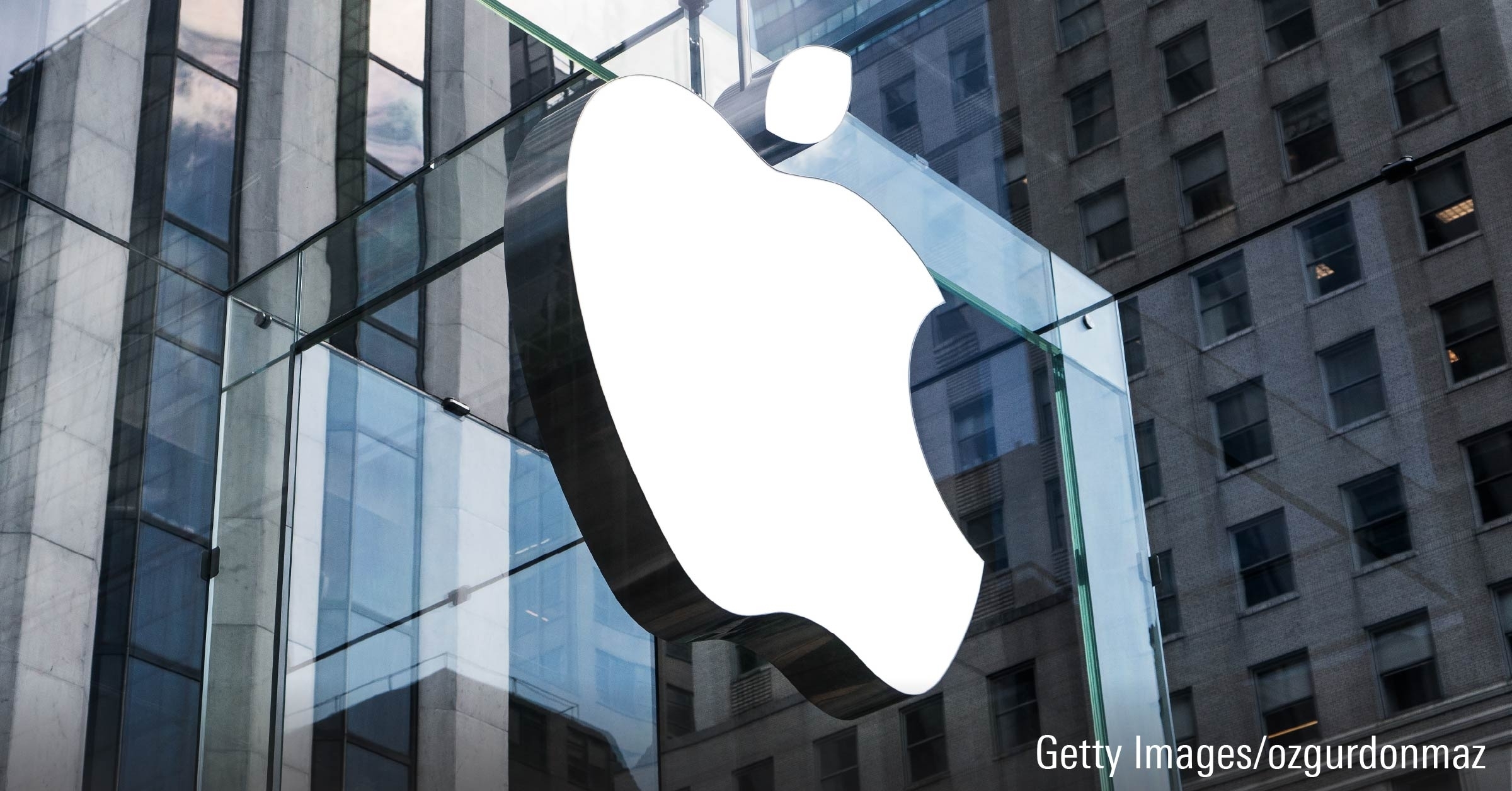The myth about mutual fund investors goes like this:
1) Mutual fund investors are bad at selecting funds.
2) If investors were to hold index-only funds instead of the rotten funds that they choose, they would be far better off.
3) Thus, mutual fund investors are the dumb bunnies of the investment industry.
Through repetition, this myth has become powerful--such that fact-checking appears no longer to be required. For example, I recently read an abstract for an upcoming academic article. The abstract states that investors place "substantial amounts of assets into index funds charging high fees (over 2% per year)." I ran the numbers. The substantial amounts turn out to be 0.02% of industry index assets; 2 basis points is the percentage of the U.S. population that lives in Bayonne, N.J.
Actually, fund investors are good at selecting funds. The proof can be found by comparing the asset-weighted returns for a fund category in a given year against the equal-weighted returns for that same category. If the asset-weighted returns are superior, then investors have favored better-performing funds. If, instead, the equal-weighted returns are stronger, then investors purchased relatively poor funds.
The asset-weighted categories win comfortably. The pattern was consistent across all asset classes. For example, the asset-weighted results of large-company U.S.-stock funds were 41 basis points per year better than the equal-weighted results. Those of the four largest international-stock categories--world stock, foreign large-blend, foreign large-value, and diversified emerging markets--were 82 points better. Those of the three allocation categories--aggressive, moderate, and conservative--were 83 points better. Those of taxable-intermediate-bond funds were 39 points better, and those of municipal national long funds were 35 points better.
This shouldn't come as a surprise. As is well-known, most new investor money flows into 4- and 5-star funds. On the whole, these funds have below-average expenses and are issued by fund companies that are more stable, more successful, and more investor-oriented (as measured by the Morningstar Stewardship Grades for mutual funds) than is the typical fund company. These are not controversial virtues. It would be a bit puzzling if such funds did not outperform.
Because of the success of investor fund selection, the point that investors would be far better off owning index funds is greatly overstated. True, low-cost index funds do outperform the typical actively managed mutual fund over time. But as we saw, investors don't hold typical funds. They hold above-typical funds, and against that group the indexes aren't big winners. Consider the largest category of mutual funds, large-blend U.S.-stock funds. Compared with the equal-weighted large-blend average of 0.78% per annum from 2001 to 2010, the Vanguard 500 Index (VFINX) Investor shares' gain of 1.31% is excellent. Compared with the asset-weighted large-blend average of 1.17%, it's not.
The story is similar for the industry's other stock-fund categories. With domestic-stock funds, the relevant indexes outgained the asset-weighted fund averages in six of the eight remaining squares of the Morningstar Style Box, and the funds outperformed in the other two cases. Internationally, stock funds beat the indexes almost across the board. Results for balanced funds and sector funds were mixed. Overall, it was very much a wash with stock funds.
The case for indexing was stronger with bond funds. Most taxable-bond-fund indexes solidly outgained the asset-weighted fund averages, although the margin of victory was slight in the giant intermediate-bond category, which houses about half the fund industry's bond-fund assets. As for municipal bonds, there are no muni-bond-fund index funds because of the difficulty of investing in a somewhat theoretical index.
Fund investors do have a problem. They select funds well, but they allocate poorly. Reworking my study so that it compares asset-weighted versus equal-weighted results over a 10-year stretch, rather than over individual calendar years, yields a very different picture. Now investors find themselves sharply lagging the equal-weighted averages. The reason is that they buy hot categories and sell cold ones.
For example, as the stock market bottomed in 2002, fund investors were redeeming stock funds and purchasing bond funds. As stocks recovered, they resumed buying stocks and cut back on bonds, so that by 2006 inflows to stock funds were triple the inflows into bond funds. This enthusiasm ended in 2008 when stock funds had their largest outflows in history, directly before the market rally in 2009 and 2010.
Less familiar are other examples of mistiming:
- Investors redeeming government-bond funds during 2006-07, directly before government bonds had their best year of relative performance since the Great Depression.
- Fund buyers shifting from large-cap to small-cap stock funds in 2004-05, only to see blue-chip stocks crush smaller shares during the next two years.
As investors, this tells us that we should be wary of big asset bets and instead focus on fund selection and matching our investments to our goals. In short, think about investing and planning but don't try to be your own economist.
The myth of the dumb fund investor is harmful because it addresses a problem that does not exist and distracts from a large and real problem that very much does. To their detriment, investors chase category performance. They need to stop doing so. Category chasing is a big and universal problem that nobody adequately addresses--not Morningstar, not financial advisors, not the fund industry, not ETF providers, not the academic community, and not institutional investors. It's time to turn our collective attention in that direction. It's time to stop talking about what isn't and to start talking about what is.
John Rekenthaler is Vice President of Research for Morningstar.






.png)










